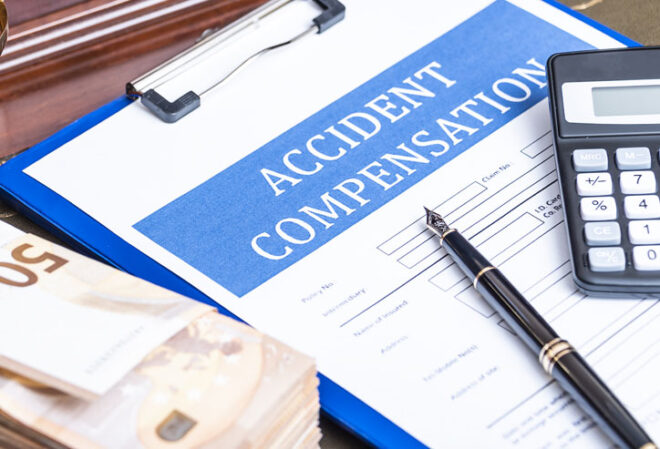Understanding personal injury cases

Personal injury cases can arise from various incidents, such as car accidents, slip and falls, medical malpractice, or defective products. If you have suffered injuries due to someone else’s negligence, understanding what to expect in a personal injury case can help you navigate the legal process effectively. In this blog, we will provide a comprehensive overview of what to expect in a personal injury case, from the initial consultation to potential settlement negotiations or trial.
The first step in a personal injury case is typically an initial consultation with a personal injury attorney. During this meeting, the attorney will evaluate the facts of your case, assess liability, and determine the potential value of your claim. They will also explain the legal process, discuss your options, and answer any questions you may have.
Investigation and Gathering Evidence: Once you engage an attorney, they will initiate a thorough investigation to gather evidence to support your claim. This may include obtaining police reports, medical records, witness statements, photographs, and any other relevant documentation. The attorney may also consult with experts, such as accident reconstruction specialists or medical professionals, to strengthen your case.
Establishing Liability and Damages: To succeed in a personal injury claim, you must establish that the other party (the defendant) was negligent and that their negligence caused your injuries. Your attorney will gather evidence and build a compelling case to establish liability. Additionally, they will work to calculate and document your damages, including medical expenses, lost wages, pain and suffering, and any other applicable losses.
Negotiation and Settlement: In many personal injury cases, the parties may engage in settlement negotiations to resolve the matter without going to trial. Your attorney will negotiate with the opposing party or their insurance company to seek a fair and reasonable settlement that adequately compensates you for your injuries. Settlement negotiations involve back-and-forth discussions and may require some compromise to reach an agreement.
Litigation and Trial: If a fair settlement cannot be reached, your attorney may recommend filing a lawsuit and proceeding to trial. The litigation process involves several stages, including filing the complaint, discovery (exchanging information and evidence with the other party), pretrial motions, and ultimately, the trial itself. Your attorney will represent your interests in court, present evidence, and argue your case before a judge or jury.
Resolution and Compensation: In the event of a successful negotiation or trial, you will receive compensation for your injuries and losses. The amount will depend on various factors, including the severity of your injuries, the impact on your life, and the strength of your case. Your attorney will guide you through the resolution process and ensure that you receive the compensation you deserve.
Conclusion: Personal injury cases require a thorough understanding of the legal process, strong advocacy, and expert negotiation skills. By knowing what to expect in a personal injury case, you can approach the process with confidence and make informed decisions. Engaging an experienced personal injury attorney is crucial to protect your rights, navigate the complexities of your case, and seek fair compensation for your injuries and losses.

